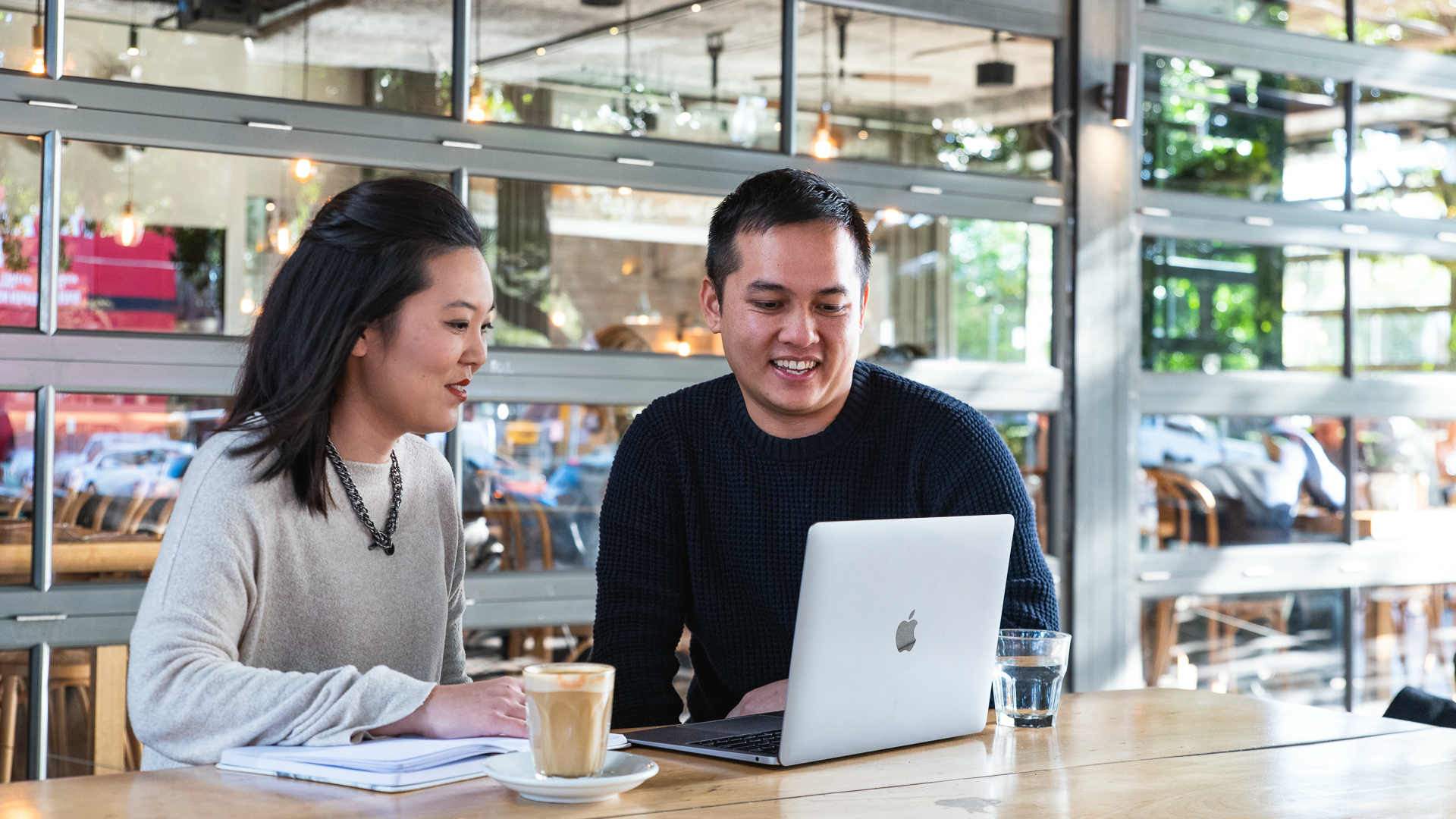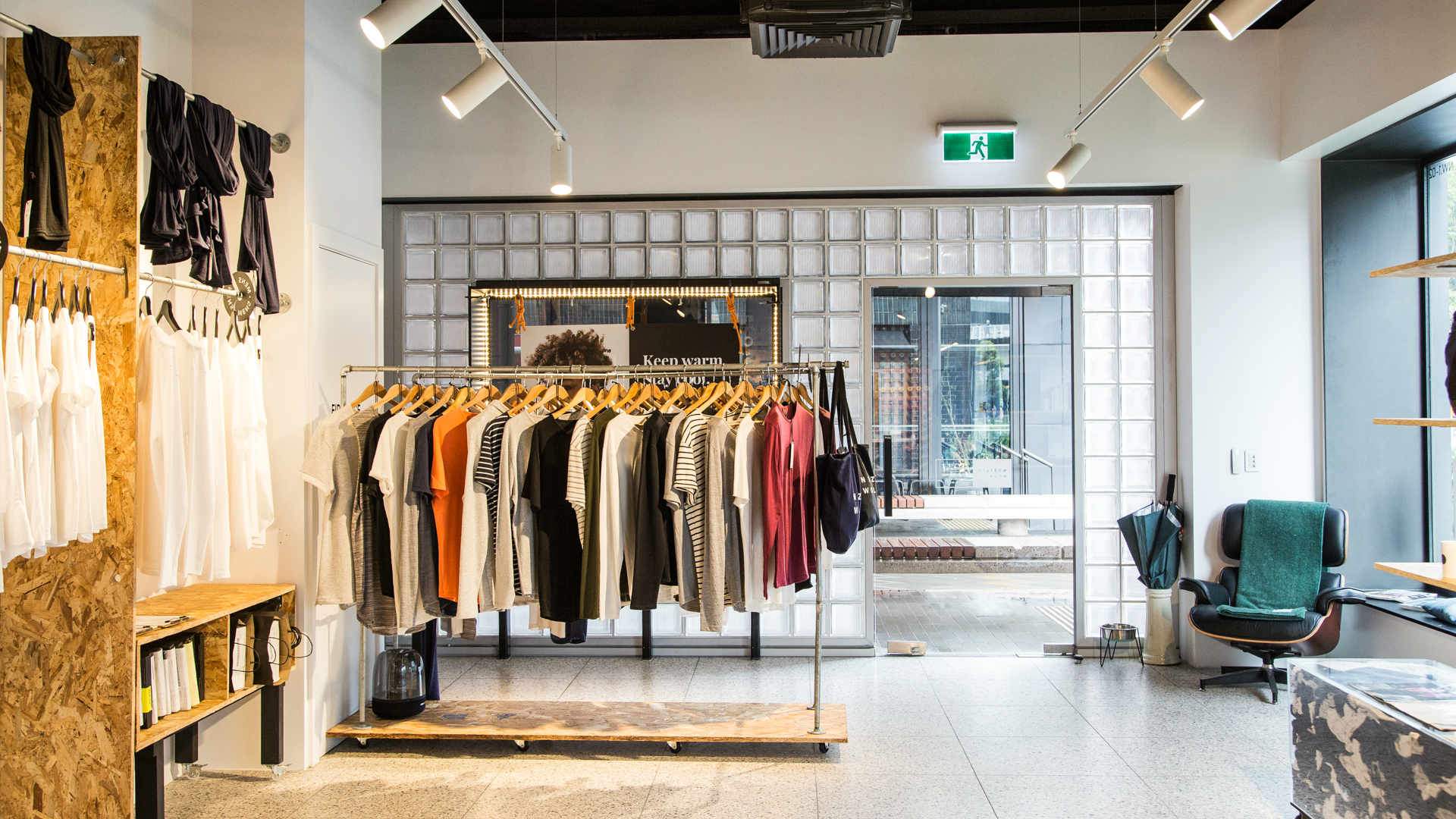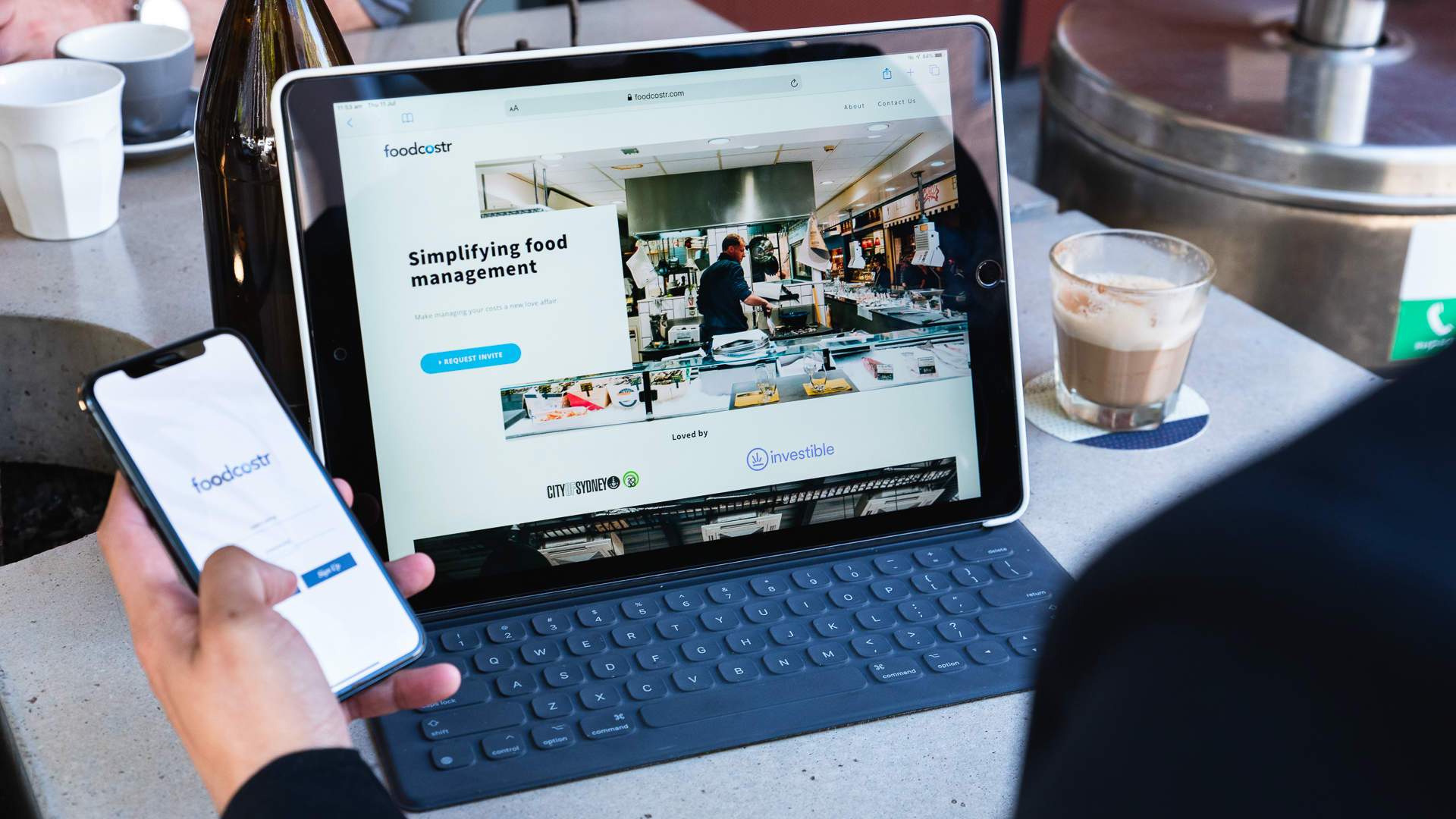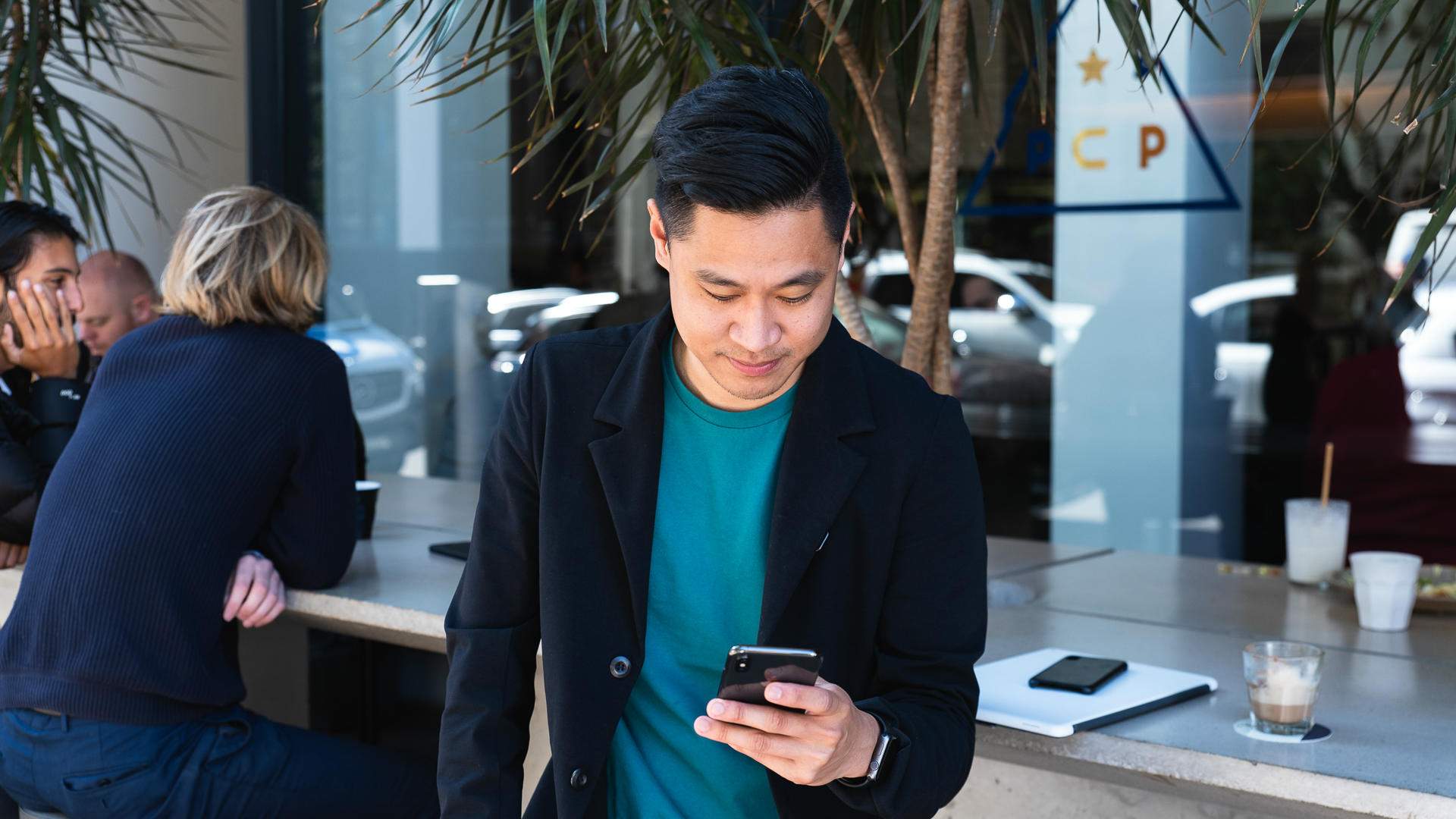The Tech These Small Businesses Are Using to Future-Proof Their Companies
Discover the ways these brands are playing the long game — from using AI to digital marketing tools.
In partnership with
Let's get the obvious out of the way immediately: a business's use of technology is fairly integral to its day-to-day functionality. Sure, there are exceptions to the rule but, for the most part, how a business is able to embrace technology and shape its output accordingly is fundamental to long term success. That's why the City of Sydney and founder-focused development and investment firm Investible got together to devise the Retail Innovation Program — an eight-week intensive that provides forward-thinking businesses with expert mentoring, in-depth workshops and guidance as they look to keep themselves ahead of the retail game.
We spoke to four of the Sydney-based small businesses that have taken advantage of this innovative platform. Read on to discover how these entrepreneurs are using tech to do everything from making the design process more sustainable to rethinking how supply chains can work — and are thriving because of it.


Kimberley Low
POP UP FINDS: HIRE SERVICES YOU DON'T NEED TO OWN
It might come as a surprise, but pop-up events don't simply just pop up — a huge amount of work goes into ensuring they run smoothly, which can often rack up big bills very quickly. Pop Up Finds is designed around reducing wastage and minimising the hard costs associated with running events. "Brands were purchasing furniture to use as a one-time event and then throwing it away or storing it in their warehouse never to be used again," explains co-founders Kim and Taryn Hoang.
Given this ethos is ingrained into their business model, the pair are pretty skilled at taking advantage of tech services that follow this same principle. Instead of forking out money to own a van, the Hoangs use car-sharing service GoGet to hire one as and when they need. The same goes with staff — the pair rely on platforms like Freelancer and Upwork to scale up the crew and fill gaps in skill sets when required.


Trent van der Jagt
CITIZEN WOLF: BUILD ALGORITHMS FOR THE PERFECT FINAL PRODUCT
Have you ever thought about the nature of your relationship with clothes? For the past three years, Citizen Wolf has argued that tailoring your clothes is the optimal way to feel attached to them and wear them for longer than a season. Instead of using outdated tape measures, it's built the Magic Fit algorithm. What's that, you ask? Well, it's a statistical model that caters for height, weight, age and bra size to design the perfect fitting shirt for each individual.
Citizen Wolf takes the Magic Fit pattern and uses a laser to cut the fabric before local Sydney sewers pull the final product together. Ultimately, this model is making the design process as straightforward as possible and reduces the likelihood of buyers returning products or, even worse, throwing them away because they don't fit properly. The fabrics the business uses are 100 percent natural fibres, and it's currently investigating biodegradable threads, too. Plus, it's looking to start working with a Spanish mill to turn old t-shirts into recycled yarn which will complete the circle entirely and reduce waste.


Kimberley Low
FOODCOSTR: ADOPT DATA-DRIVEN INSIGHTS TO REDUCE WASTE
Whether it's due to poor stock management or massive portion sizes, many Australian restaurants and cafes are wasting a huge amount of good quality food. That's what Foodcostr, and its founder Min Chai, is hoping to change. As the founder of the now-closed ice cream chain N2 Extreme Gelato, Chai knows a few things about the challenges of food stock. Having shifted his focus away from N2, Chai is now committed to helping other businesses operate more sustainably – both financially and environmentally.
While it's still in development, Foodcostr is aiming to be a piece of tech that chefs can use to future-proof their restaurants — and it'll take advantage of other tech platforms to do so. Initially, the app was just going to be a way to calculate food costs, but Chai is now investigating ways to incorporate artificial intelligence and machine learning to predict exactly what a restaurant has to buy in order to meet the demands of its customers and minimise wastage. Plus, he hopes to get to a point where the app is generating valuable data-driven insights, like pinpointing specific ingredients to add or remove from the menu to improve the bottom line.


Kimberley Low
MODSIE: KNOW YOUR TARGET AUDIENCE
Getting your hands on authentic second-hand luxury fashion is the dream, but when you dig some up at your local op-shop or online, how can you be sure that it's the real thing? Modsie is Australia's answer to this conundrum as its members are safe to buy and sell their goods, which are verified by the company's own expert in-house quality control team. Co-founder Josephine De Parisot says that the Retail Innovation Program helped Modsie build a strategy to communicate with a wider audience.
"The digital tips we received from Kelly Slessor from ShopYou and Emma Lo Russo from Digivizer were really interesting and helpful," says De Parisot. "They've made us aware of easy ways to improve our business's visibility, to determine clearly who our target is, and how to communicate better with our customers on Facebook, Google or simply on our website."

Learn more about the City of Sydney Retail Innovation Program here.
Image: Kimberley Low.






